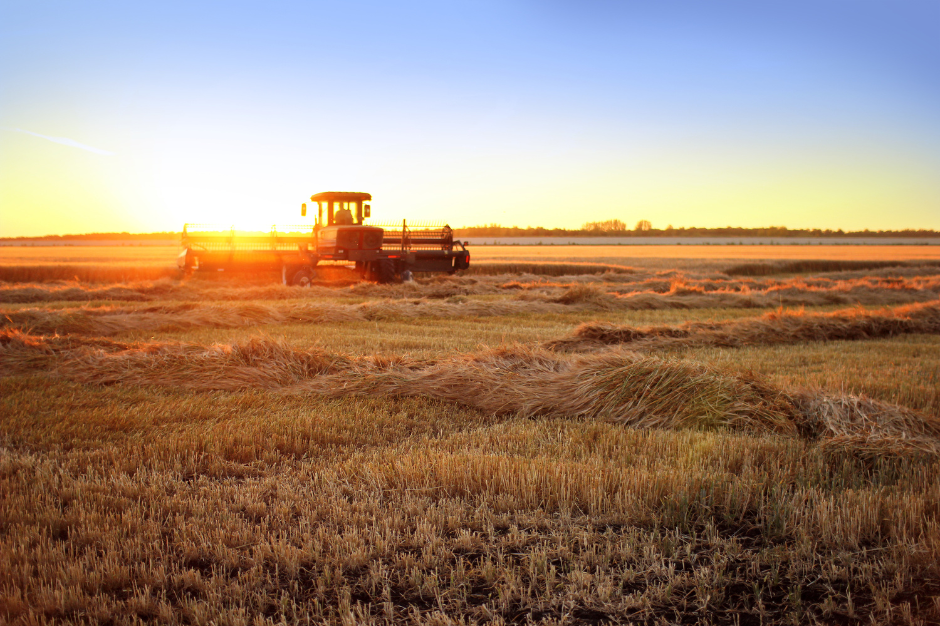Beginning in the spring and ending in late fall farmers will work long exhausting hours, in physically taxing conditions and challenging environments that are full of potential hazards. So it’s hardly surprising that agriculture is one of the most hazardous jobs you can have. Statistically, farming is two times as deadly as serving in law enforcement, and five times more deadly than serving as a firefighter. And, out of the more than 4 million people who work in farming either full or part-time, approximately 100 agricultural workers are injured daily, according to the Centers for Disease Control (CDC).
But with good preparation, many of the accidents and injuries that commonly happen can be avoided.
Farmers’ Safety Checklist
Different jobs and parts of the farm come with different risks. Here is a list of preventive strategies to ensure that everyone on the farm and in the fields can be safe.
GRAIN BIN SAFETY
- Keep children out of grain bins, beds, and wagons.
- Lock out the control circuit before entering a bin, whether or not grain is flowing.
- Don’t count on someone outside the bin to hear your shouted instructions.
- If you become trapped in a bin of flowing grain with nothing to hold onto, but you are still able to walk, stay near the outside wall. Keep walking until the bin is empty or the grain flow stops. If you are covered by flowing grain, cup your hands over your mouth, and take short breaths until help arrives.
- If someone becomes submerged in grain, assume he or she is alive, and begin rescue operations immediately.
- Turn on the fan to move air into the bin.
- Cut large holes around the bin, approximately 5 feet up from the base to empty the grain. (If you cut too many holes, the bin may collapse on you.) Use the front-end loader of a tractor, an abrasive saw or an air chisel. A cutting torch is a last resort – it could cause a fire or an explosion from dust and fumigant residue.
- Never attempt a rescue by going into the grain yourself. Call 911. Your local emergency team has the training and equipment to do the job safely.
SAFETY AROUND LIVESTOCK
- Wear appropriate clothing.
- Be calm, and avoid sudden movements that may spook animals.
- Use extra caution around adult females, and males, with newborns.
- Have a regular routine when feeding or changing pastures.
- Have an escape route planned in corrals and close quarters.
- Avoid blind spots behind animals that may kick.
- Work with others if possible and consider your physical condition around livestock.
FARM MACHINERY SAFETY
- Make sure all equipment is completely powered off before attempting to make any repairs.
- Do not wear jewelry or baggy clothing near moving equipment.
- Use PPE (Personal Protective Equipment) – safety glasses and hearing protection.
- Don’t leave running equipment unattended.
- Take time to tie down cargo loads.
- Make sure all lights work before taking equipment on the road. Make sure headlights and taillights are clean.
- Drive at reasonable speeds on the road to ensure you stay in control.
It is important for farmers to also focus on self-care, especially as weather conditions change. Take numerous breaks during the day to stay alert. Get proper sleep because fatigue can often lead to shortcuts and errors that cause in injuries. Don’t consume any kind of drugs or alcohol when operating heavy machinery. Eat nutritious meals and snacks and stay hydrated to stay alert and productive.
We wish all our farmers successful and safe planting, growing and harvest seasons!

